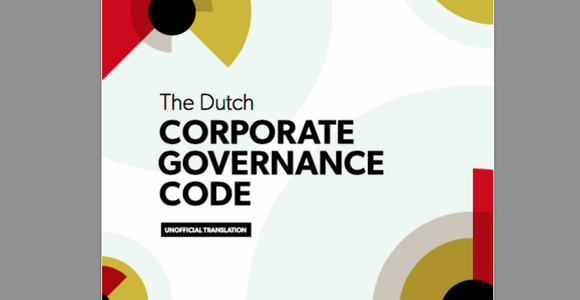According to the government, the aim of this Green Paper is “to consider what changes might be appropriate in the corporate governance regime to help ensure that we have an economy that works for everyone”. It considers three specific aspects of corporate governance:
- Executive pay
- Strengthening the employee, customer and wider stakeholder voice
- Corporate governance in large privately-held businesses
Prime Minister Theresa May highlighted in her introduction to the Green Paper that “we need to support strong businesses that focus on long- term value creation and command public confidence and respect. (...) Good corporate governance is about having the right checks and balances within big business to strengthen decision making and accountability”. The responses will help the government understand the strengths and weaknesses of the different options and build a better evidence base.
The joint response tackles the three key topics of the Green Paper identifying several deeply-rooted problems in corporate governance and suggesting possible specific solutions. The authors hope that the consultation will lead to a serious rethinking of the corporate governance architecture. Such change is long overdue and necessary to support long-term oriented sustainable business models for the benefit of shareholders and society alike. A key element in this reformed understanding of the purpose of business is a clarification of directors’ fiduciary duties - what they are responsible for and to whom.
There is an emerging consensus that the goal of the corporation should be to create long-term sustainable value, while contributing to societal well-being and environmental sustainability. These objectives can be mutually reinforcing and there is no objection in company law to this goal in any jurisdiction. However, this consensus has not yet been reflected in mainstream corporate governance models, which since the 1970s have put the maximisation of shareholder value at the centre of corporate attention. The resultant focus on short-term share price rises leads to short-termism, undermines companies' ability to invest in their future and diminishes their capacity to anticipate and mitigate systemic risks.
Read our submission here: http://www.purposeofcorporation.org/documents/uk-corporate-governance-reform-green-paper-consultation_2.pdf
The Business, Innovation, and Skills Committee in the UK Parliament already conducted an inquiry on corporate governance to examine executive pay, directors duties, and the composition of boardrooms. The inquiry followed on the Committee’s investigations into BHS and Sports Direct. The Modern Corporation Project based at Cass Business School and Frank Bold submitted a written response which is available here: http://www.purposeofcorporation.org//bis-inquiry_frank-bold_modern-corporation-project.pdf


















